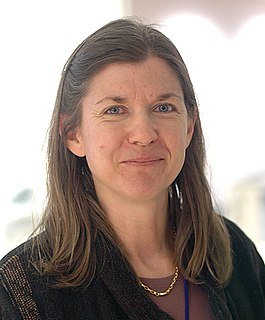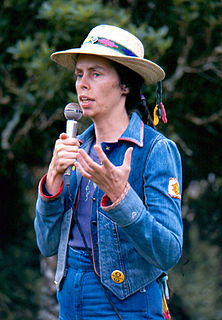A Quote by Pankaj Mishra
As in the early 20th century, the elemental forces of globalisation have unravelled broad solidarities and loyalties.
Related Quotes
D-Day represents the greatest achievement of the american people and system in the 20th century. It was the pivot point of the 20th century. It was the day on which the decision was made as to who was going to rule in this world in the second half of the 20th century. Is it going to be Nazism, is it going to be communism, or are the democracies going to prevail?
Pregnant
and birthing mothers are elemental forces, in the same sense that
gravity, thunderstorms, earthquakes, and hurricanes are elemental
forces. In order to understand the laws of their energy flow, you have
to love and respect them for their magnificence at the same time that
you study them with the accuracy of a true scientist.
I was really interested in 20th century communalism and alternative communities, the boom of communes in the 60s and 70s. That led me back to the 19th century. I was shocked to find what I would describe as far more utopian ideas in the 19th century than in the 20th century. Not only were the ideas so extreme, but surprising people were adopting them.







































